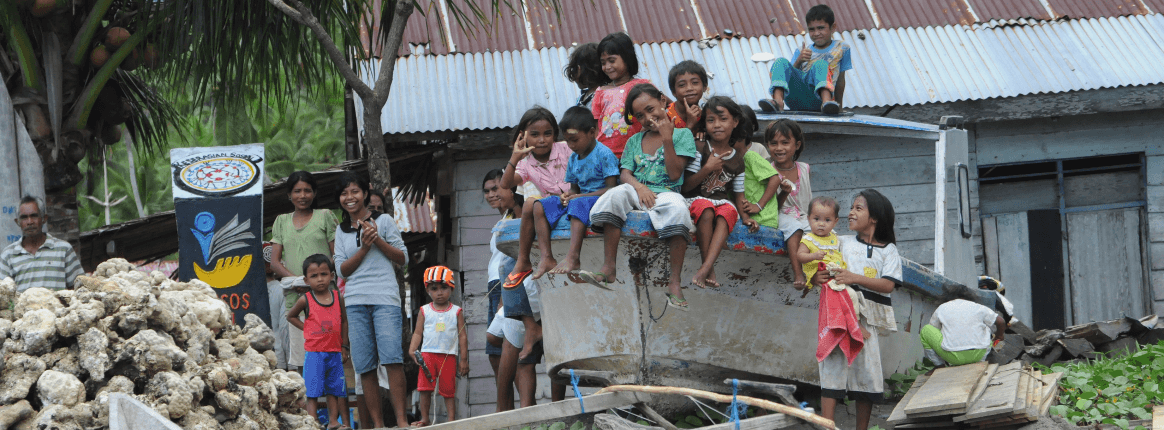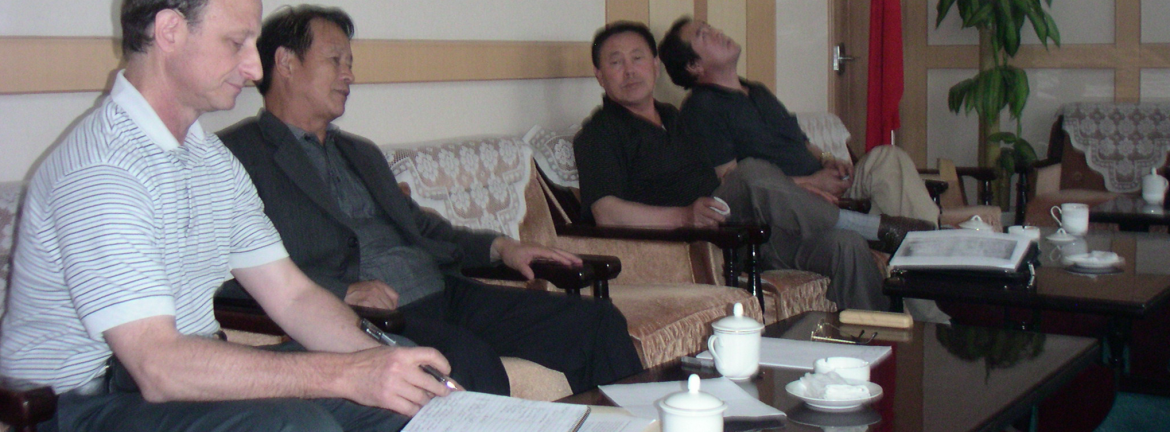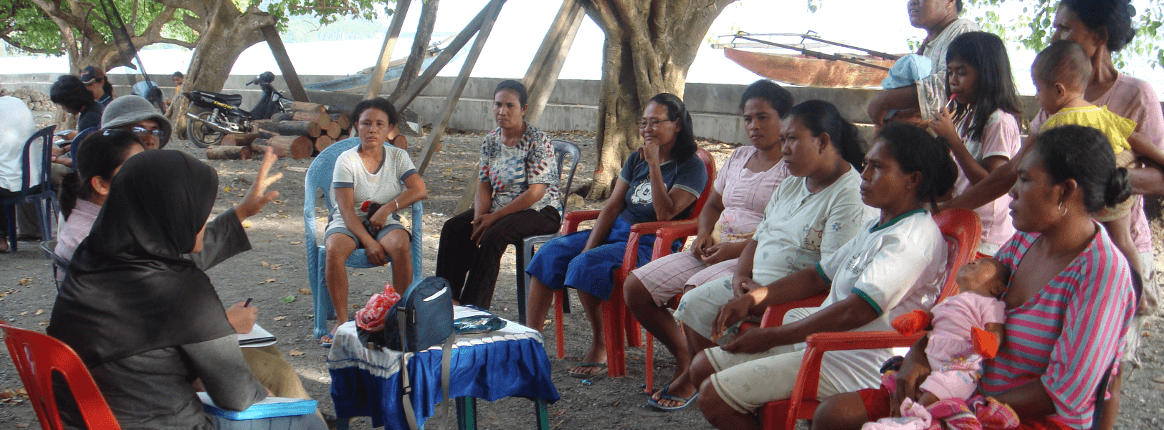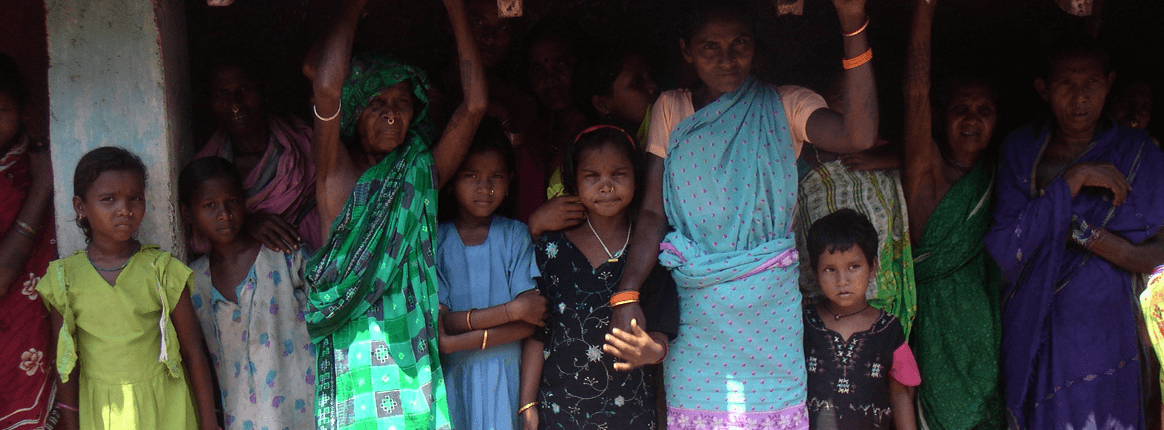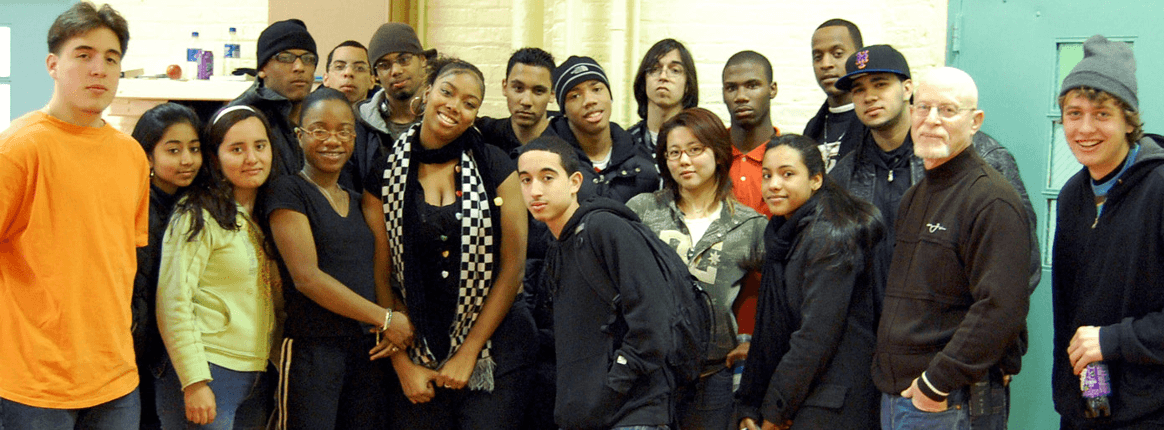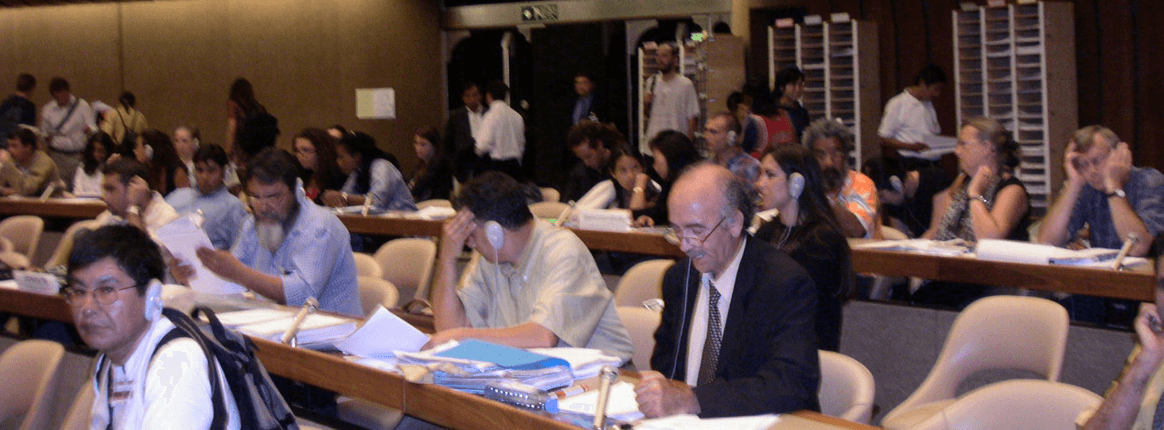With our depth of experience in Indigenous Peoples policy formulation, any project that has to design an approach to Indigenous Peoples issues can do no better than to contact CCCS.
CCCS has served on policy design teams for the World Bank, the International Finance Corporation (IFC), the Asian Development Bank (ADB), and the European Bank for Reconstruction and Development (EBRD). We have co-written, edited and reviewed these institutions’ policy implementation guidebooks and staff training manuals. Putting policy into practice, we have also designed the social development strategies for projects now commonly cited as global Good Practice examples. CCCS has also helped to analyze operational parameters for use of Country Safeguard Systems, and has supplied the ADB, European Investment Bank (EIB) and IFC with policy recommendations for implementing the principle of Free, Prior and Informed Consent.
Similarly, Greg has written the Guidance Note for EBRD’s 2019 Indigenous Peoples policy, served on the ADB Indigenous Peoples policy team (including contributing analyses of operational parameters for FPIC) and written the ADB’s Safeguard Policy Statement Guidebook on Indigenous Peoples.
With an “insider” perspective, CCCS can efficiently help clients assess project social interventions and draft reporting documents against institutional and international standards. Perhaps more importantly, our close involvement in the drafting of Indigenous Peoples social safeguards policies and IFI implementation guidebooks gives us the unique capacity to go a step or two beyond project safeguard compliance, anticipating and helping clients to achieve recognition as international trend-setters.
Let CCCS serve your project by providing your management with the insights into social policy formation that experience brings.
The World Bank engaged CCCS to create an 'Indigenous Peoples Country Profile' for the Russian Federation. This profile was made to inform Bank task teams about historical, socio-political and legal contexts relevant to determining the applicability of the Bank’s Indigenous Peoples policy (OP 4.10) to Russian minorities, and to outline some of the key concerns of Indigenous Peoples. CCCS was also asked to consult with representatives of Russian Indigenous Peoples to define a working list of priority issues and developmental objectives. The objective of this work is to inform Bank recommendations to the Government of the Russian Federation for enhancing application of the Indigenous Peoples policy among regional implementing agencies.
To assist its staff in applying its 2009 Safeguard Policy Statement (SPS), the Asian Development Bank commissioned three SPS Guidebooks—one for each safeguard area (Environment, Involuntary Resettlement, and Indigenous Peoples). CCCS was brought in early on to prepare a first draft of the new Indigenous Peoples Guidebook and then help ADB analyze and refine this draft into a polished document that reflected multiple rounds of stakeholder engagement. One aspect of this project was to facilitate ADB interaction with other international financial institutions to develop a draft “Multilateral Bank's Common Document” to help harmonize approaches for extending Indigenous Peoples safeguard policy frameworks. In this pursuit, CCCS was asked to incorporate inputs from the World Bank and the Inter-American Development Bank and to develop a chapter on "Regional Guidance" to capture issues of Indigenous Peoples policy implementation of particular importance in Asia.
When seeking an innovative outreach approach to global engagement with Indigenous Peoples—and for support in pitching this approach to senior corporate executives—managers at Royal Dutch Shell turned to CCCS. We helped to critique the company's existing outreach programs and to develop proposals for alternative strategies, and then helped plan and facilitate workshops between Shell and indigenous representatives. CCCS delivered our policy recommendations and engagement outcomes to Shell's senior management at their corporate headquarters in London. Then in 2014, Shell’s HQ in the Hague called upon CCCS to deliver a training course for global project staff on working with indigenous communities.
To improve the implementation of environmental and social safeguards and to harmonize approaches among international financial institutions for the further use of national safeguard systems in the Developing Member Countries (DMCs), the ADB launched its Country Safeguard Systems (CSS) pilot project. CCCS played a key role in this process by:
- comparing DMC safeguard systems with Bank regulatory frameworks and identifying aspects where the ADB policy could be adapted or improved to help build national regulatory capacity
- overseeing pilot application of the methodology in selected DMCs
- identifying practical operational approaches for ADB to be more effective in business processes and to strengthen CSS capacities of DMCs
- establishing capacity building programs with selected DMCs to fill identified gaps and strengthen country safeguard systems.
CCCS supported the European Bank for Reconstruction and Development (EBRD) in reviewing and updating its global policy frameworks dealing with Indigenous Peoples and vulnerable groups by:
- conducting a survey of relevant safeguard policies among major multilateral development banks and private sector companies
- examining challenges and risks to vulnerable populations that have been addressed in past IFI projects operations
- reviewing state-level legislation for the protection of Indigenous Peoples and other classes of vulnerable peoples and recommending amendments to the draft EBRD policy
- organizing and facilitating a stakeholder workshop and reporting on comments received with respect to the draft policy.
The Asian Development Bank turned to CCCS when it needed to design a technical assistance grant to advise the Chinese Government on how to develop policy recommendations to enable poor urban migrants to access basic social services. CCCS prepared the Scope of Work that produced the urban policies that have been implemented in the first decade of this century.

